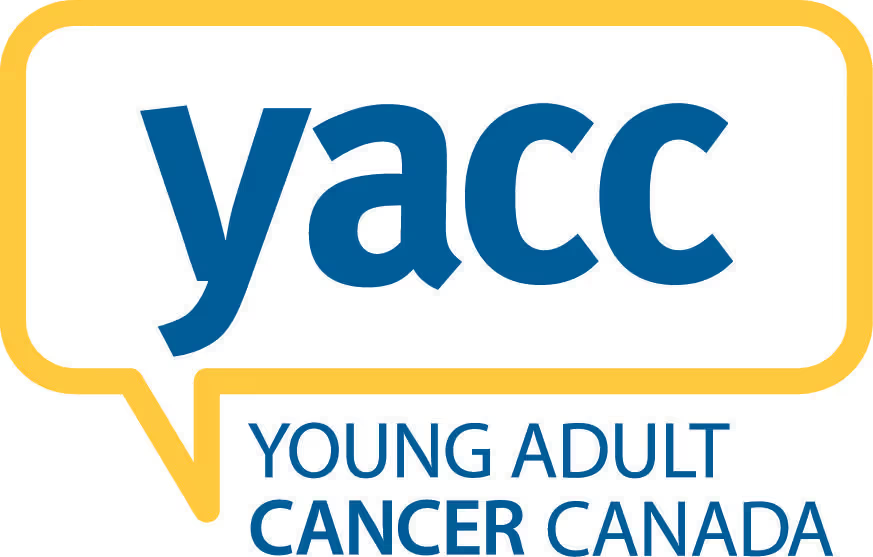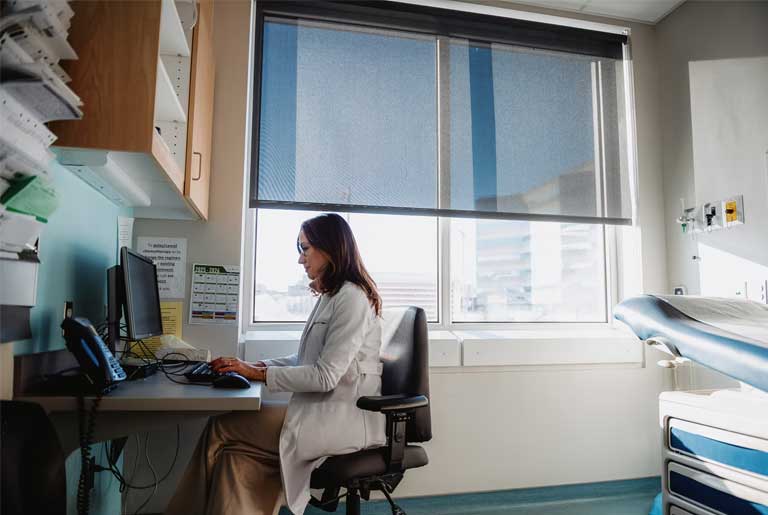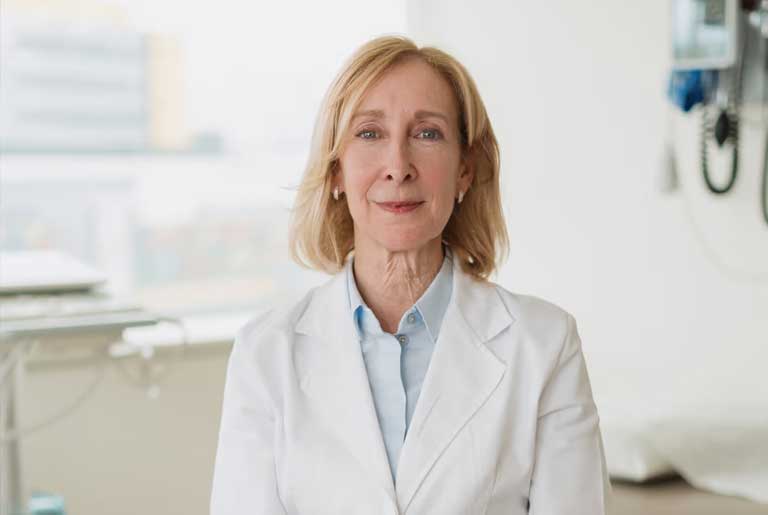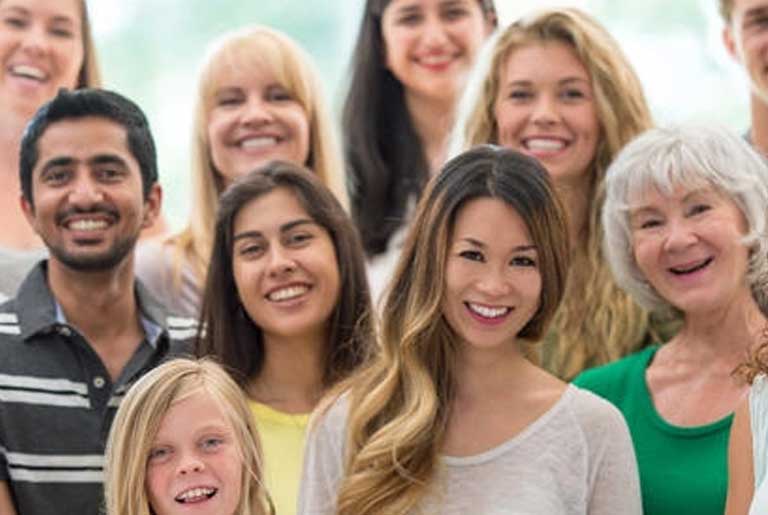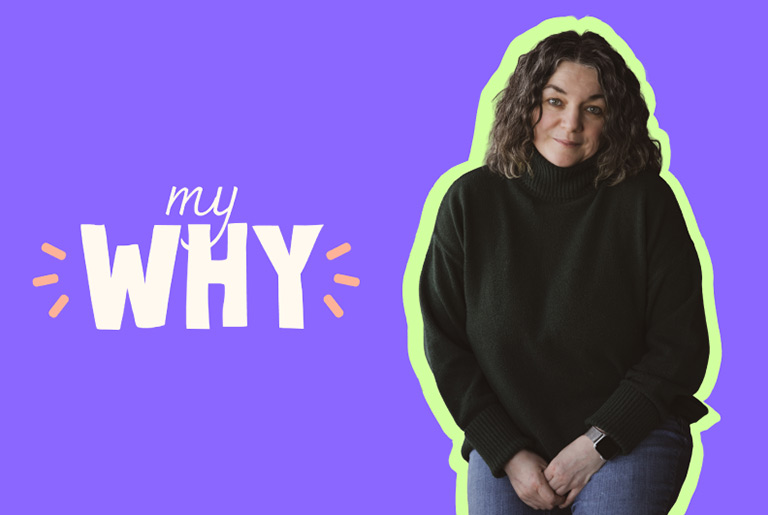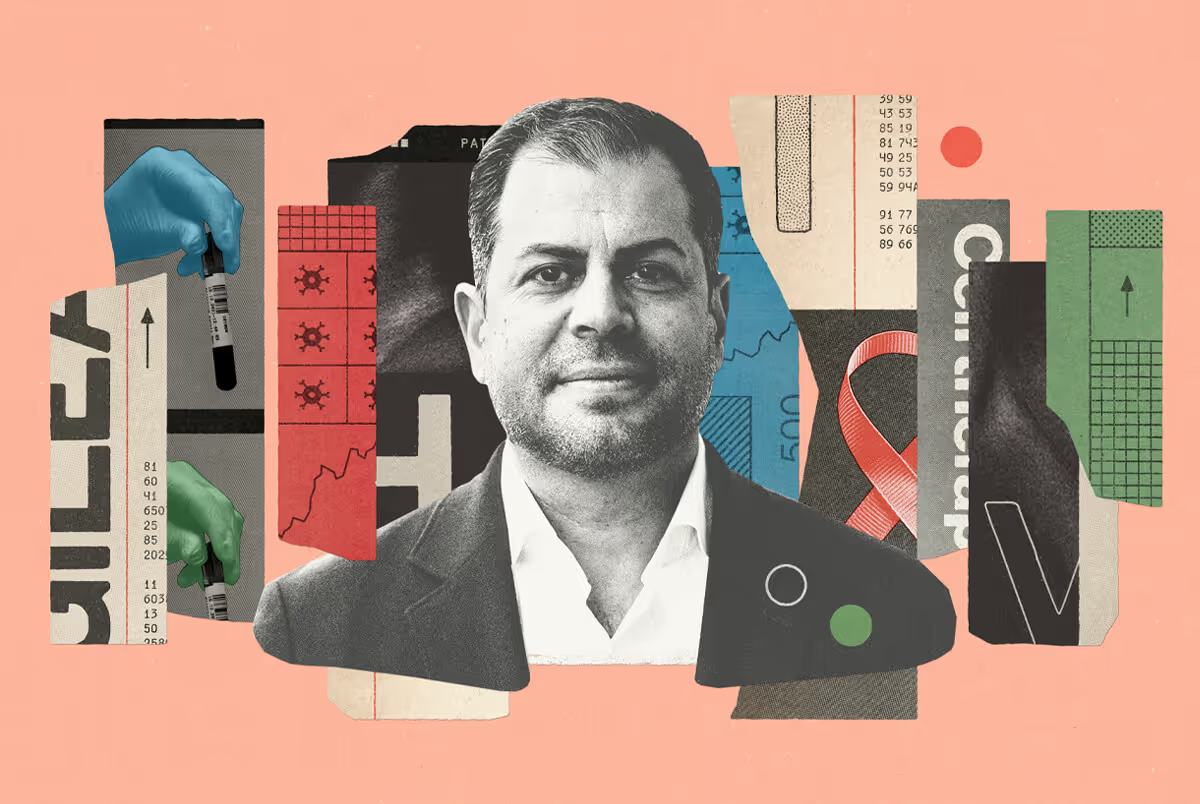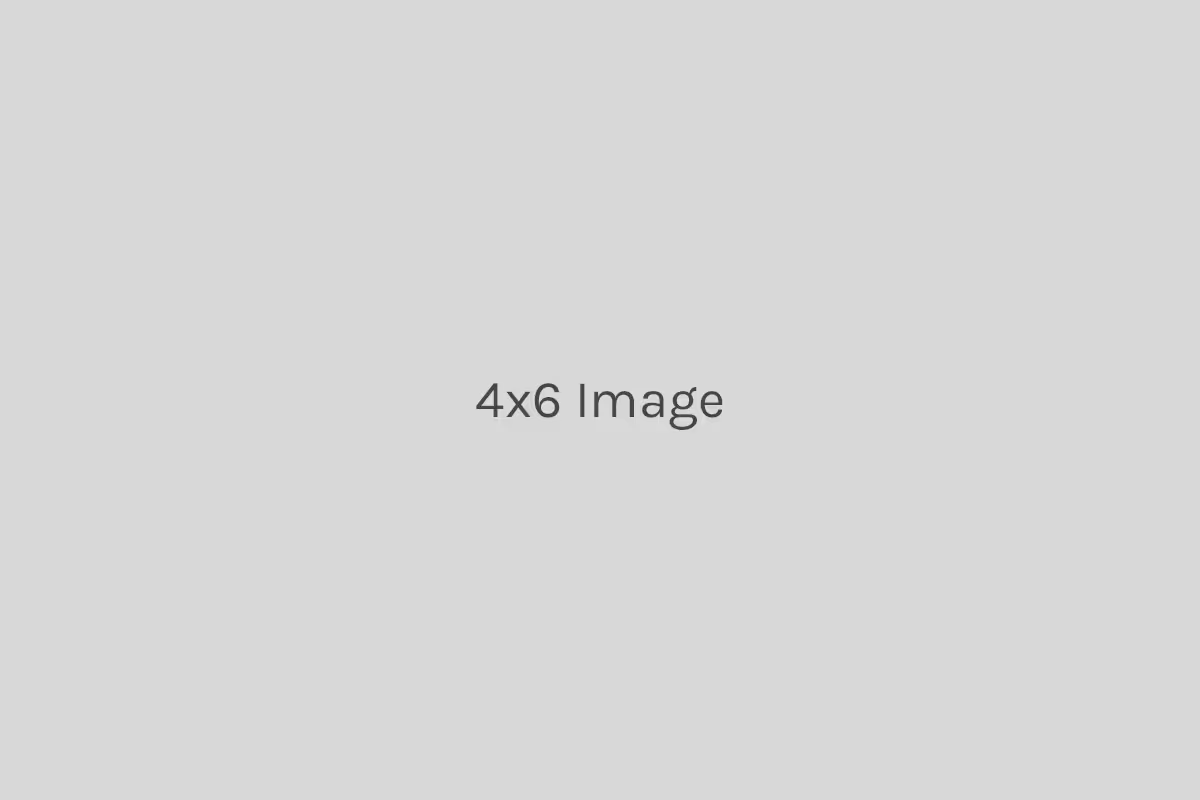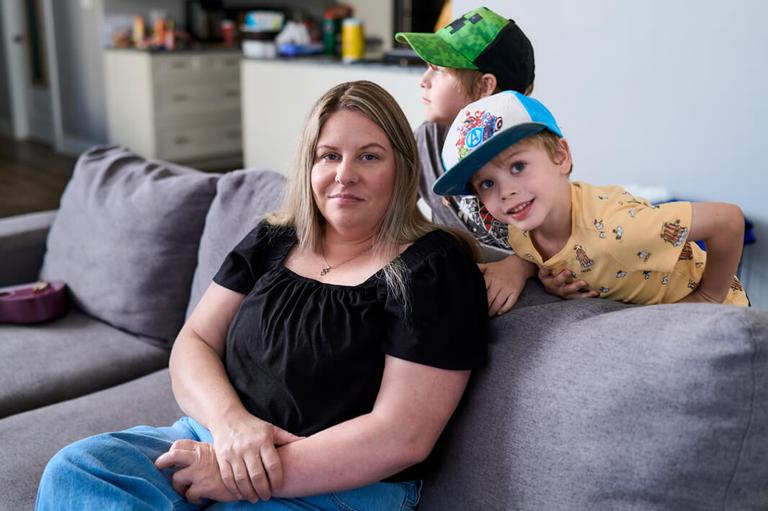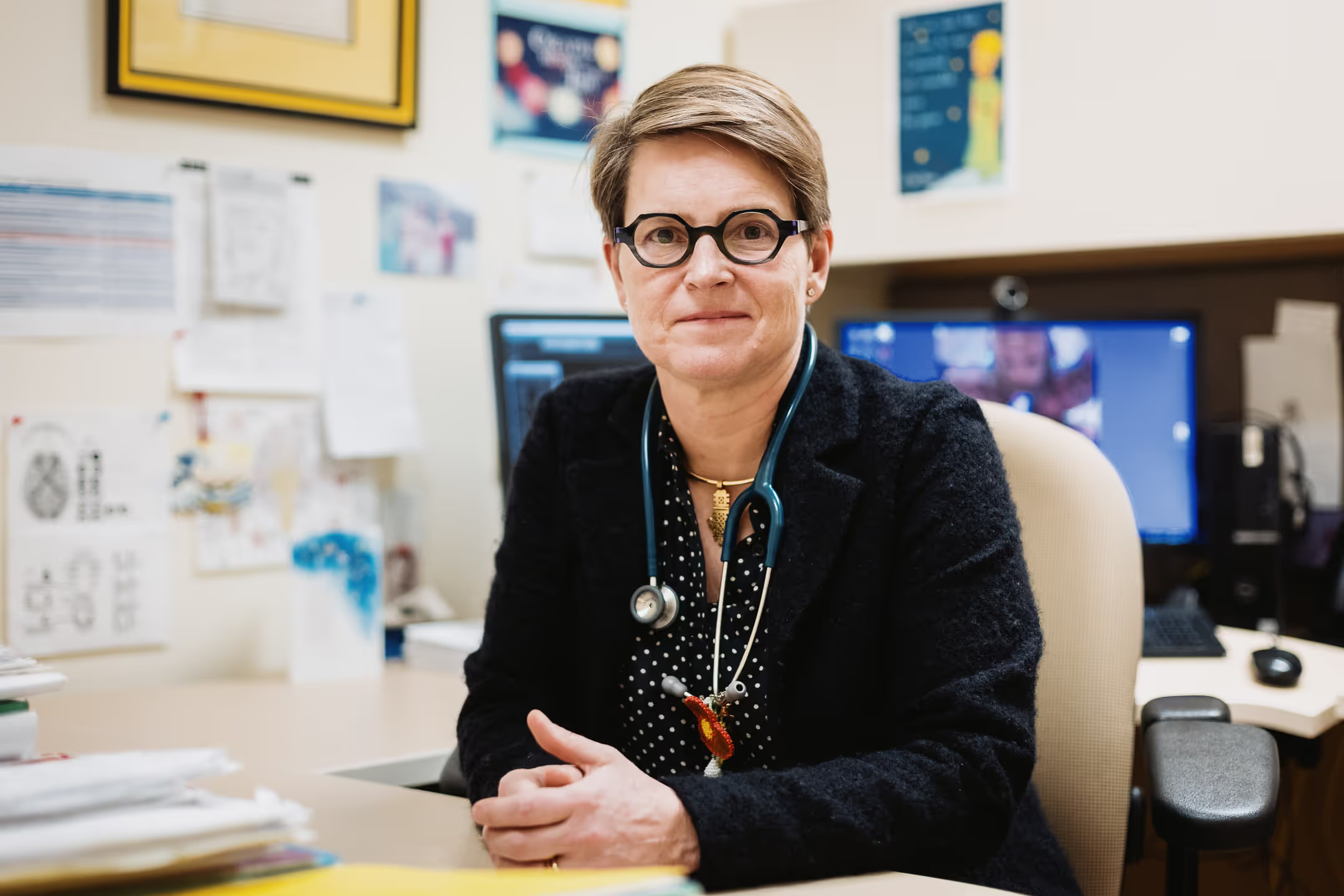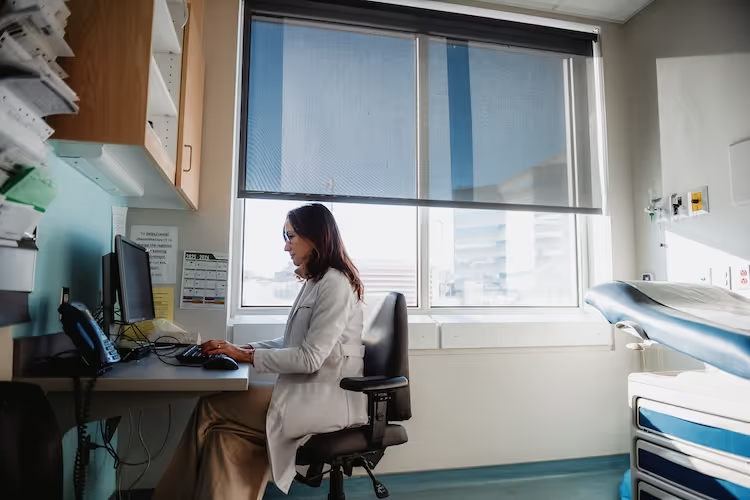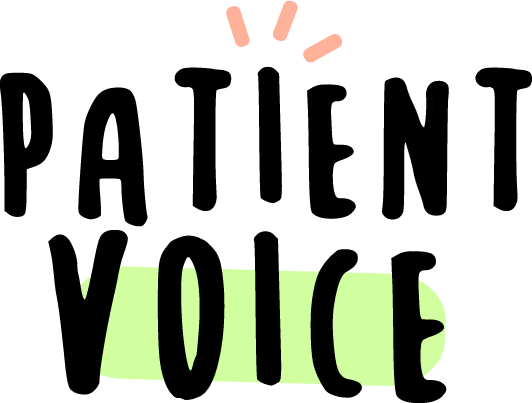“As I was sitting at the hospital waiting for a doctor to examine the lump I’d found in my left breast, there was a sudden power outage. I grew up in a traditional, superstitious Ojibwe family, and I knew my Elders would understand that as more than coincidence.
It took an ultrasound, a mammogram, and a biopsy to confirm what I already suspected. Stage 3 breast cancer. I was told I needed to begin chemo as soon as possible and then radiation and surgery after that. If I ever wanted to have children, they said, it was time to get my eggs preserved. I was 30 years old.
It was a confusing time for me. I’d been raised to believe that Indigenous ceremonies and medicines were all the cure I ever needed. I’m a jingle dress dancer and I truly believe in the power of ceremony. But, at the same time, I also believed the doctors who were telling me my aggressive cancer needed aggressive treatment. It was a genuine identity crisis for me. I felt like I was at a fork in the road where I had to either risk losing my faith or risk losing my life.

I travelled from Manitoba to Ontario to seek guidance in a shake tent ceremony. I was lucky to meet with an incredible ceremony leader there who helped me see that seeking medical treatment wouldn’t make me any less Ojibwe or weaken my connection to ceremony. During chemo, I attended weekly sweat lodges in Manitoba, and the Elder there made me feel completely welcome, even knowing I was walking both paths.
In the end, this journey strengthened my relationship to Anishinaabe ways of being. I was able to leave my pain and worry in the sweat and to receive guidance from my ancestors and Creator. Ceremony held me together mentally during cancer, while the doctors guided me to the best possible medical outcomes.
My goal now is to share my story to reach other young Indigenous people with cancer. I remember searching for Indigenous perspectives on breast cancer when I was first diagnosed, and just finding nothing. It would mean so much to me if I could help even one person navigating cancer to prioritize both their Indigenous identity and their health.”
